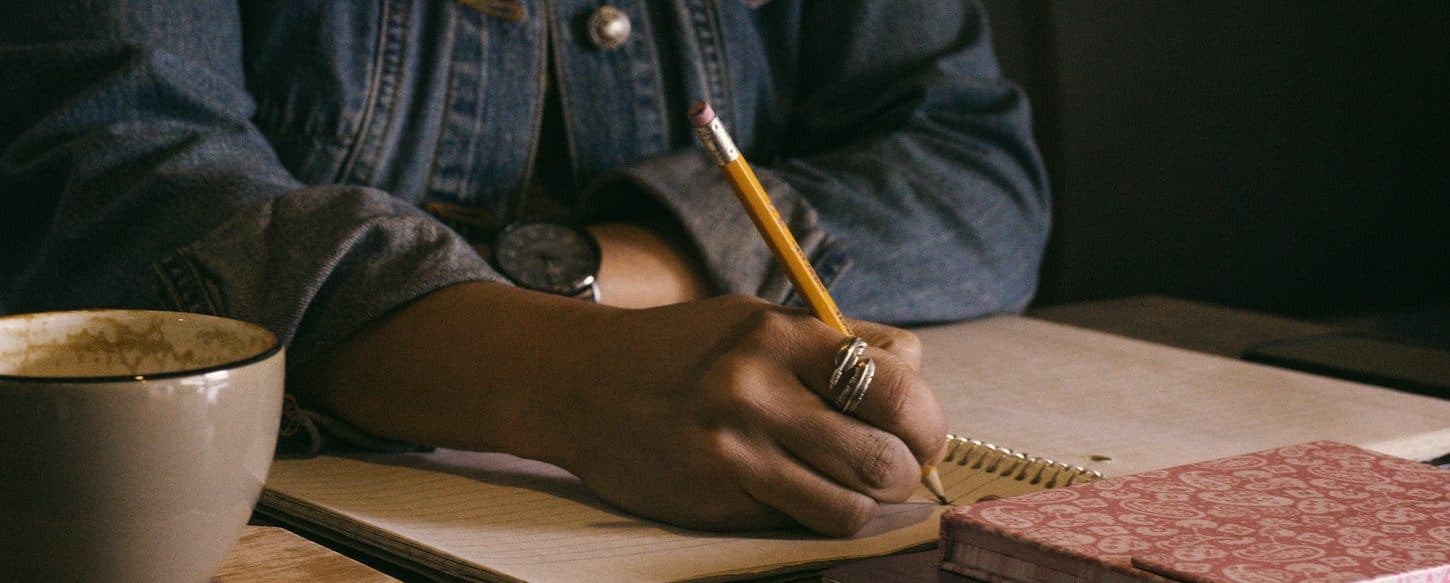Table of Contents
It can be overwhelming and challenging to enter into the “real world” in early sobriety, especially if one has been removed from all the temptations and distractions that an inpatient drug or alcohol rehab center provides. This is why it’s particularly vital during the early stages of recovery that someone with a substance abuse disorder structures their time and establishes new routines to occupy the time they once devoted to seeking substances. A person in early recovery will likely maintain sobriety in the long run by creating a new routine. Additionally, at an inpatient/intensive outpatient rehab, individuals in recovery can access accountability and support for their new routine from therapists, mentors, and peers.
Positive Strategies for Building Routine Activities in Early Sobriety
There are numerous activities that a person in early sobriety can incorporate into their daily and weekly routines to live a more peaceful, balanced life. Planning out this routine will help prevent feeling overwhelmed and leave little time for boredom or loneliness, big triggers for relapse.
A new, healthy routine for early recovery can look like this:
- Having a regular bedtime and wake-up time each day. Getting enough sleep is vital, especially in these early stages when the body is still trying to recover from the damage done by substance abuse.
- Making recovery a priority. This entails scheduling the meetings you will attend each week and how often you will be speaking with your sponsor. This also includes working a 12-step program consistently. This is essential to recovery and maintaining sobriety long-term.
- Planning out an exercise regimen. This does not need to be intense; start slowly with walking or yoga and build up over time. Furthermore, this does not have to be done at a gym and can be spread out throughout the day (e.g., you can take a walk every day before breakfast or lunch, etc.).
- Meditating or praying. Spending alone quiet time in reflection has proven to be extremely beneficial for everyone, particularly those with a substance abuse disorder.
- Journaling. This can be a great outlet to process emotions that are coming up or as a way to keep track of things you are grateful for (a gratitude journal).
- Eating healthy meals regularly. Try to eat consistently, around the same time each day, and include wholesome, nutritious foods in your diet. This will ensure you have greater focus, energy, and productivity, all things that can seem lacking once detoxing off drugs or alcohol.
- Finding time for fun. Find new ways of having fun with family or friends. During these early stages, do not immerse yourself in situations that can cause a trigger to relapse (e.g., hanging out with a friend who has an untreated substance abuse disorder or at events that are known to drink, such as late-night venues).
Being Flexible With Activities To Build a Strategic New Routine in Recovery
Try out your new routine for a couple of weeks and allow for adjustments. Don’t beat yourself up if your previously planned routine doesn’t work out and you have to tweak the plan. Finding a healthy, balanced routine makes recovery easier, not harder. As such, being too rigid with your new schedule can defeat its purpose in the first place. That said, while it is important to fill up some free time in early sobriety, being constantly busy may not be beneficial either. The key is to not sit around idly for hours because this is where the drug/alcohol obsession easily finds its way back when one is bored or lonely.
Therefore, make sure you find the recovery support groups that will be most convenient for you and allow the greatest chance of growth. Fortunately, there are groups with varying times in every big city so try to find at least one meeting a week close to home so that you can stop in if you are having a particularly difficult day. Understand that as long as you are putting your best foot forward and making choices that support your recovery, your schedule may change from time to time. The key is maintaining as much consistency as possible to avoid feeling overwhelmed when you don’t know what to do with your extra time.
Finding a Treatment Center that Helps With Relapse Prevention
Fortunately, there are drug and alcohol rehab centers that can help provide the structure needed when transitioning from rehab to daily living. Sober living is one great way in which someone in early recovery can partake in things they would normally do outside of treatment (like working, going out to eat, etc.) but lives with other people in early sobriety and, therefore, has more accountability with recovery.
Making a routine is vital in early recovery. So start planning one out, speak with a sponsor, and start putting your best foot forward to ensure you make recovery a top priority to live a healthier, more fulfilling life.
If you or a loved one are seeking an inpatient or intensive outpatient program in Austin, contact our admissions team today. We are standing by and ready to help.
Sources:
Infinite Recovery has strict sourcing guidelines and relies on peer-reviewed studies, academic research institutions, and medical associations for our references. We avoid using tertiary references as our sources. You can learn more about how we source our references by reading our editorial guidelines and medical review policy.
- Gaiam. How To Meditate – Meditation 101: Meditation Techniques & Benefits – Guided Meditation – Gaiam. Accessed July 4, 2022. https://www.gaiam.com/blogs/discover/meditation-101-techniques-benefits-and-a-beginner-s-how-to
- National Health Service. 8 tips for healthy eating. nhs.uk. Published April 12, 2019. Accessed July 4, 2022. https://www.nhs.uk/live-well/eat-well/how-to-eat-a-balanced-diet/eight-tips-for-healthy-eating/
















